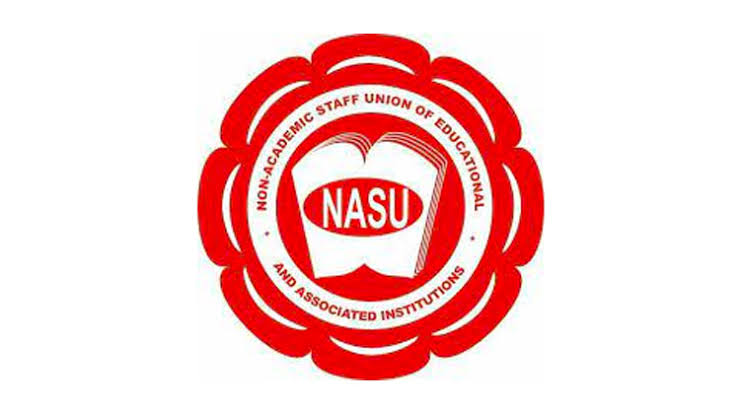The Non-Academic Staff Union of Educational and Associated Institutions (NASU) has urged the Federal Government to take immediate action to curb the escalating petrol prices and halt the continued depreciation of the naira, warning that failure to do so could lead to a mass uprising.
NASU President, Dr. Makolo Hassan, made this call during the union’s National Executive Council (NEC) meeting held in Abuja over the weekend. He expressed deep concern over the impact of rising fuel costs on the economy, highlighting how it has driven up transportation and production expenses, exacerbating inflation across the country.
Hassan remarked, “Nigeria’s vast crude oil reserves, which should have been a national asset, have instead made our economy highly susceptible to fluctuations in global oil prices. Instead of driving sustainable growth, this dependency on oil has left the nation vulnerable to external shocks, which often result in economic instability.”
He lamented the country’s slow progress in diversifying its economy beyond oil, despite longstanding discussions on boosting sectors such as agriculture, manufacturing, and technology. “The much-discussed diversification has remained a mirage,” he said, adding that insufficient investments and ineffective policies have kept the country stuck in a cycle of economic instability, dictated by volatile global oil markets.
The NASU president also criticized the non-operational state of government-owned refineries, which has forced Nigeria to rely heavily on imported fuel despite being a major oil producer. “The lack of domestic refining capacity means that the government and private marketers must import refined products at international market prices, which are prone to fluctuations and volatility,” Hassan noted. “This situation has not only increased the burden on consumers but has also politicized the issue of petrol subsidies.”
While acknowledging the potential of the Dangote Refinery to address some of these challenges, Hassan pointed out the complex regulatory environment and the dominance of petroleum cartels that hinder progress. “Though the Dangote Refinery promises to reduce dependency on imports and stabilize prices in the long term, the combination of regulatory challenges and non-functional government refineries continues to exacerbate the high cost of petrol, with price hikes becoming a daily occurrence.”
Hassan also directed criticism at the Nigerian National Petroleum Corporation Limited (NNPCL), accusing the state-owned enterprise of failing to restore government refineries, which have remained largely non-operational despite significant investments. “The NNPCL has brought embarrassment to the nation. Instead of focusing on reviving these critical assets, it is positioning itself as a monopolistic player in the distribution of petrol from the Dangote Refinery,” he said.
He condemned this strategy, arguing that NNPCL’s actions reflect inefficiency and misplaced priorities, deepening public frustration with the country’s ongoing energy crisis. “The irony of NNPCL neglecting its own refineries while competing for control over private-sector output further underscores its inefficiencies. We call on the government to take decisive action against NNPCL’s mismanagement.”
The union leader also highlighted the severe toll that rising inflation, the continuous devaluation of the naira, and skyrocketing fuel prices have taken on the purchasing power of Nigerian citizens. “With prices of basic goods and services soaring, many Nigerians can no longer afford daily necessities, plunging households across the nation into deeper financial hardship,” Hassan warned. “The ongoing cost of living crisis, driven by escalating fuel prices, has only worsened poverty and increased pressure on an already struggling population facing high unemployment and underemployment.”
NASU concluded by calling on the government to address these urgent economic challenges, warning that continued inaction could provoke widespread unrest among citizens grappling with the rising cost of living.
